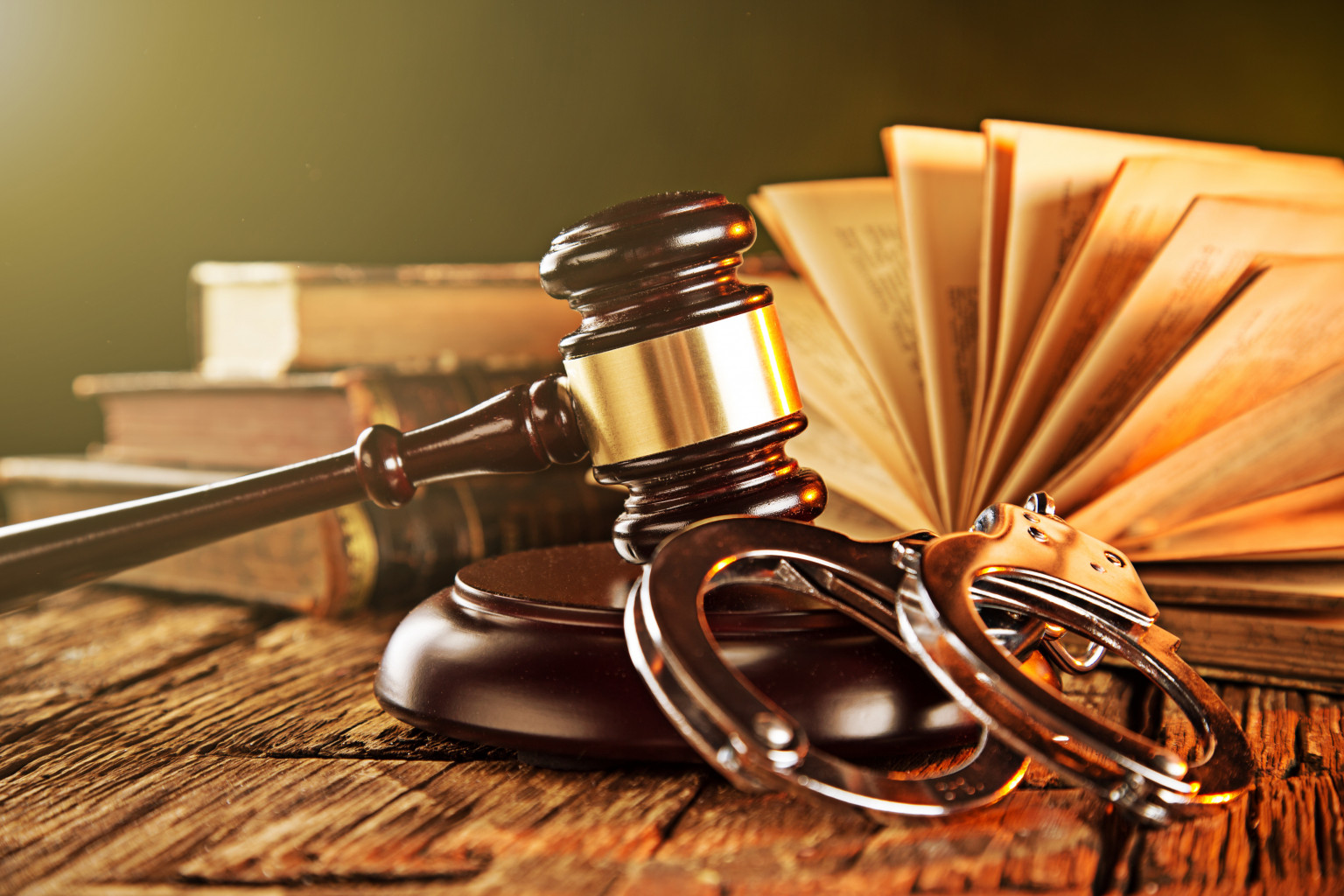The primary difference between a settlement and a verdict is that one involves both parties coming to a satisfactory financial arrangement without going to court and the other involves a jury trial. The Hampton personal injury attorneys at Shapiro, Washburn & Sharp have been recovering maximum financial compensation for our clients by both taking cases to trial and by settling outside of court, since 1985. Our skilled lawyers can advise you throughout the legal process and fight to ensure you receive the recovery to which you are entitled.
What is a Settlement?
When conflicting parties reach a legally binding agreement that solves a dispute, this is referred to as a settlement. After a personal injury accident, the negligent party, or their insurance company, consents to pay for damages claimed, often including medical bills, lost wages, recovery for permanent consequences, and pain and suffering. This agreement between the parties signifies that, in exchange for financial compensation, the victim agrees not to file a lawsuit, and the entire matter is thereby resolved.
How is a Settlement Reached?
Once fault for the accident has been established, and your medical treatments and recovery are well underway, a Hampton personal injury attorney can examine the details of your accident and determine the best way to move forward with your claim. Your attorney will also help you determine which damages you incurred as a direct result of the accident and calculate their value. They will then draft a demand letter to the at-fault party’s insurer, asking either that they make a first offer of settlement, or in some cases, your attorney will obtain your permission to state an amount that you would accept in complete settlement of the claims.
Usually, the insurance company will respond with a counteroffer that is significantly smaller than what was requested. At that point, the process of the insurance company and your attorney negotiating a settlement begins. In many cases, a settlement is reached, and in others, our attorney must obtain your permission to move the case into court by filing a lawsuit.
What is a Verdict?
In the event that the parties are unable to reach a settlement agreement, your attorney will most likely recommend filing a lawsuit. This will allow your case to be presented to a jury, assuming no further settlement negotiations ensue. Many cases in the litigation process still settle before a jury deliberates. The jury’s decision is called a verdict. The result of the jury trial is, optimally, for the jury to decide in your favor and render a verdict that matches or surpasses the money you requested in the demand letter before the lawsuit, or matches the amount you and your attorney were seeking during the suit process.
How is a Verdict Reached?
There are multiple steps to a civil trial, including jury selection and pre-trial discovery. The proof needed to obtain a favorable verdict is different in a civil case than in a criminal case. In criminal cases, evidence must demonstrate guilt beyond a reasonable doubt. To prove liability in a civil case, the standard of proof is a preponderance of evidence, which simply means the “greater weight of the evidence” or tipping the proverbial scales of justice in your favor.
Generally speaking, the phases of a trial are:
- Opening statements
- Presentation of the plaintiff’s evidence
- Factual and Expert testimony
- Direct and cross-examination of eyewitnesses
- Presentation of any defense evidence in the general manner outlined above (by the party you have sued)
- Jury Instructions (the Judge delivers/explains to the jury)
- Closing arguments
- Jury Determination
Once our personal injury attorney(s) presents their case to the jury, the attorneys for the insurance company can ask the judge to dismiss the case or ask for a directed verdict, meaning the plaintiff did not present sufficient evidence for any reasonable jury to come to a conclusion in favor of the injured victim. If the request is denied by the judge, the defense team will then present their case using evidence mainly through witness testimony, all in an effort to deny their legal liability. Once each side has given their closing arguments, and the Judge gives the jury legal instructions, the jury will deliberate and reach a verdict.
How Do I Know When to File a Lawsuit?
In many personal injury situations, accepting a good settlement that assures fair financial compensation is a safer bet than a jury trial that might not end in a favorable verdict. An experienced Hampton personal injury attorney will be able to advise you when bringing a lawsuit might be the best course of action. For instance, if the insurance carrier repeatedly refuses to make a fair settlement offer or denies liability, filing a lawsuit might be your only choice when it comes to having your damages covered. Your attorney might also suggest filing a lawsuit if the insurer is taking an unusually long time to settle your claim, postponing settlement negotiations, or employing any other bad faith practices.
Shapiro, Washburn & Sharp
Each personal injury case is unique and many of them include unexpected challenges. If you were harmed due to someone else’s negligence, you can maximize your compensation by working with a skilled Hampton personal injury attorney from Shapiro, Washburn & Sharp. Our decades of training and experience are how we were able to achieve a $60 million verdict for one of our clients after a Norfolk Southern train derailed and slammed into his place of employment, leaving him severely injured.
If you were injured or lost a family member because of someone else’s negligence, our wrongful death and personal injury attorneys can help. In Virginia, you only have two years from the day your accident occurred to file a “regular” personal injury claim, so schedule your free consultation right away by calling (833) 997-1774 or filling out our easy contact form. To better serve our clients, we have offices in Hampton, Portsmouth, Norfolk, and Virginia Beach.
